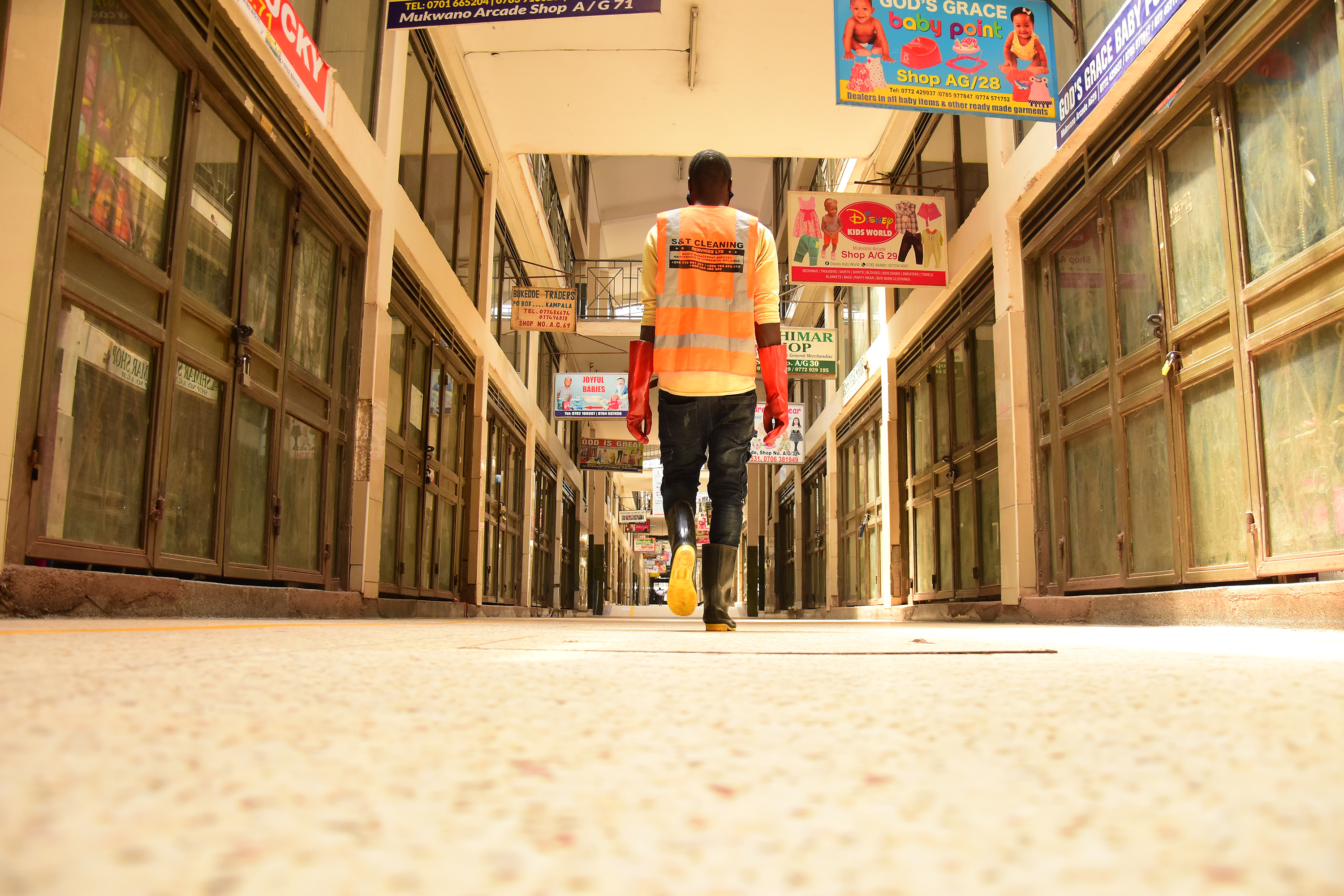36% of small businesses at risk of failure - survey

A number of businesses, according to the survey, fear that they might fail to normally operate due to Covid-19 induced lockdowns. PHOTO | MICHAEL KAKUMIRIZI
What you need to know:
- At least 2,754 micro, small and medium enterprises were surveyed of which 1,000 businesses anticipated the threat of business failure, resulting from cash flow and operation challenges.
At least 36 per cent of micro, small and medium enterprises are at risk of closing shop due to the distress caused by Covid-19 induced lockdowns, a new report indicates.
The report, which was conducted by Federation of Small and Medium Enterprises, engaged 2,754 micro, small and medium enterprises in Kampala, Wakiso, Gulu, Tororo, Mbarara, Masaka, Jinja, Mbale and Busia.
According to the findings, close to 1,000 small businesses surveyed anticipate the threat of business failure, resulting from cash flow and operation challenges.
“With disrupted supply chains and low demand for products and services, 36 per cent of surveyed micro, small and medium enterprises anticipate the threat of business failure,” the report reads in part.
The threat is pegged to multiple challenges faced by the businesses, especially during the second lockdown.
For instance, it was discovered that more than three quarters of micro, small and medium enterprises were not operating during the lockdown while a high percentage of them struggled to make ends meet, which compelled them to use savings and part of capital. Others sold assets to meet household and business expenses.
“The sale of household assets to meet household expenses was more pronounced among rural micro, small and medium enterprises,” Mr John Walugembe, the Federation of Small and Medium Enterprises executive director, said, noting that businesses in the informal sector were the most affected by the second lockdown.
In June government announced a 42-day lockdown, restricting movement of goods and personnel for a number of small businesses.
Currently, even after partially lifting the lockdown, Mr Walugembe said, businesses are stressed over loan repayment and rental arrears as the economy posts reduced incomes and activity.
The survey also noted that 12 per cent of surveyed businesses had expressed fear of defaulting on tax obligations, which is expected to invite heavy penalties from both Uganda Revenue Authority and local government authorities.
This comes on the back of various government interventions highlighted by the President during the first lockdown. The interventions, among which included access to soft loans from Uganda Development Bank, loan restructuring and extension of tax reporting deadlines, sought to ease business operations for enterprises affected by Covid-19.
Recently, the President once again announced plans to establish a low interest rate credit scheme for Federation of micro, small and medium enterprises worth Shs200b.
However, micro, small and medium enterprises have previously indicated that government interventions are usually structured in a way that they are difficult to support a number of small businesses.
Suggestions
In its suggetions to government, Federation of Small and Medium Enterprises also asked that restructuring of loans should not carry an increase in interest such that small businesses can navigate the financial hardships.
With the report findings indicating 23 per cent adoption of digital payments, the federation also recommended support to SMEs to adopt technologies along with assistance to cater to costs associated with the digital transition.

